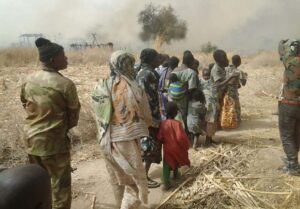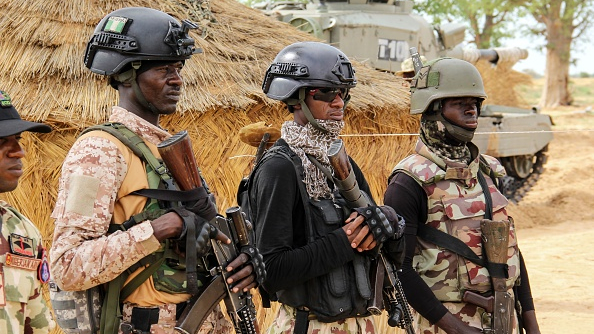Militant activities in Nigeria, have had profound and far-reaching humanitarian consequences for local communities. One of the most immediate and devastating impacts of militant attacks is the mass displacement of people.
The violence perpetrated by militant groups has severely impacted local economies. Agriculture, which is the primary source of livelihood for many Nigerians in the affected regions, has been particularly hard hit.

Farmers have been driven from their lands, and the destruction of crops and livestock has led to food insecurity and loss of income. The disruption of trade routes and markets further compounds the economic hardships faced by these communities.
The social structure of communities in conflict-affected areas has been severely strained. Families are often torn apart during attacks, with many individuals losing loved ones or being thrust into dangerous situations.
The psychological impact on survivors, particularly children, is profound, resulting in widespread trauma and mental health challenges. The absence of sufficient mental health services in these regions means many people do not receive the necessary support to cope with their experiences.

Educational systems have also been disrupted by the ongoing conflict. Schools have been targeted by militants, leading to the destruction of educational infrastructure and the abduction of students.
The insecurity has led to many schools closing, depriving children of their right to education and further hindering the long-term development of the affected areas.
The humanitarian consequences of militant attacks in Nigeria are profound and multidimensional.
Displacement, loss of livelihoods, social and psychological trauma, and the disruption of education are just some of the critical issues facing affected communities.
Addressing these challenges requires improving security, providing humanitarian assistance, supporting economic recovery, and ensuring access to mental health services.




